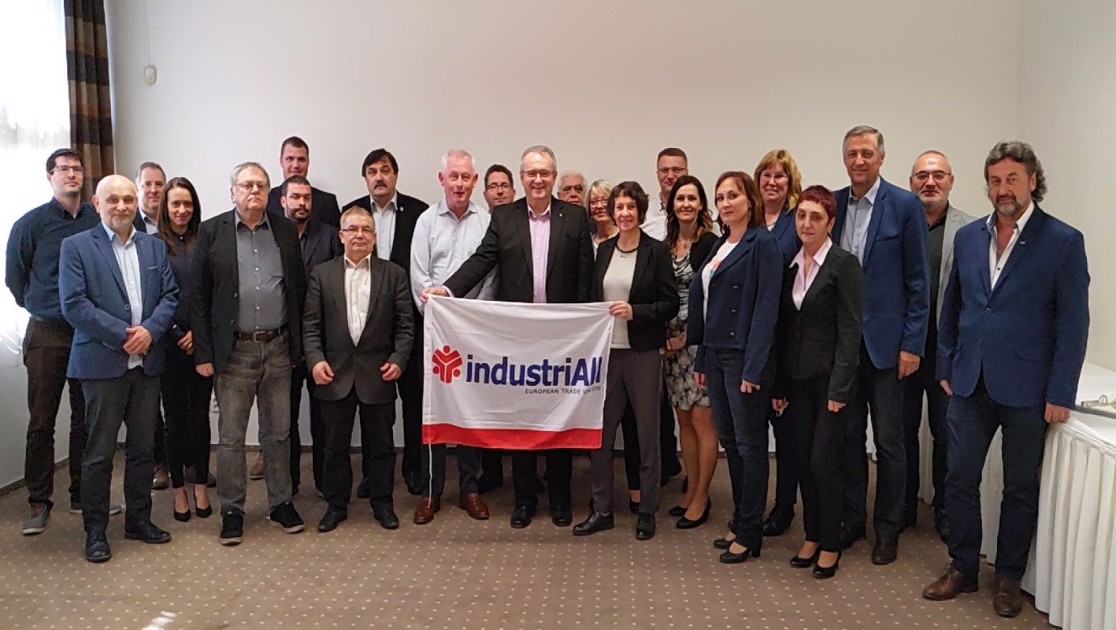The best protection of workers are good collective bargaining agreements negotiated by powerful Trade Unions
Workers across Europe need a stronger voice, but that’s even more urgent in the central and eastern European region in order to ensure a social safety net, a just transition to a green economy and decent wage development.
Real wage development since global crisis is close to zero, while work load grows constantly and real working time has been increasing for many employees to often 48 hours a week. The risk of falling into the poverty trap while working is high, because wages are low and social security systems are weak.
Labour law was weakened due to neo-liberal deregulation, austerity policies and authoritarian regimes. The national economies are highly dependent on foreign global investments, which increases the vulnerability of workers, if it is not balanced by workplace democracy.
Internal migration of workers from low wage countries from central Europe to western and northern Europe leads to massive labour shortages, threating the economic performance of those countries which workers are leaving. At the same time trade unions have lost their influence and collective bargaining power.
Taking these development into consideration, the participants agreed, that only strong workers participation and effective collective bargaining structures contribute to fair living conditions, decent wages, sustainable economic growth and, ultimately, to a democratic, strong, inclusive and social European Union.
However, to bargain face to face with employers, to impact labour regulation and to influence politics, the trade union movement has to continue to grow. Therefor building trade union power is needed everywhere, but especially in Central and Eastern European countries.
"What happened in Austria has shown, that workers should not rest on workers’ friendly regulations or legislations. These can quickly be changed one-sided from the government. The best protection of workers are good collective bargaining agreements negotiated by powerful trade unions,” Luc Triangle, General Secretary of industriAll Europe said.
Collective agreements protect every worker and they are a guarantee for fair wages. The low coverage of collective agreements in central and eastern Europe encourages employers - often actively supported by governing bodies - to employ workers from even cheaper labour countries like Ukraine, Serbia, Belarus trying to compensate for the shortage of work force.
As one of the Presidents said during the meeting: in Poland employers are blocking wage increase and are creating unfair wage competition often by leasing out entire production lines including workers to companies from abroad, so that they can avoid paying the in Poland collectively agreed wages.
“With this, states and employers deliberately do not solve but deepen the problem of low wages, poor labour conditions and labour shortage in the Central and Eastern European region” Luc Triangle said.
